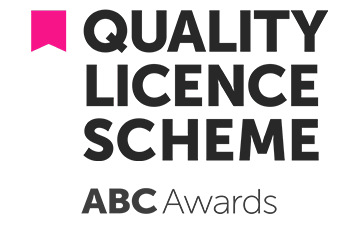

With the exception of very young children (4-6 years old), between 40-69% of children in Britain are largely inactive, spending less than one hour a day participating in activities of moderate intensity. These findings are also consistent with a number of other recent reports concerning the increasing prevalence of overweight and obesity in children. This is a situation that is mirrored in adults and is likely to stem from the same fundamental causes.
Like many adults, British children are typically eating less than half the recommended five portions of fruit and vegetables a day. One in five (4-18 year olds) eat no fruit at all during an average week. Poor eating and poor physical activity habits in childhood may increase the risk of health problems in later in life. The diet of a child is a factor, to varying degrees, in the development of a number of diseases, either in childhood itself or during adult life, such as obesity, iron deficiency anaemia, dental caries, coronary heart disease, hypertension, osteoporosis and cancer.
There is some evidence to suggest that health traits present in childhood tend to track into adult life, including body weight, blood levels of cholesterol, other blood lipids and insulin, and blood pressure.
Improving the health and nutrition of children should remain a priority for the government, health professionals, the food industry and teachers alike. But more importantly, parents should also have an active role in providing the best nutritional quality to their children. The course aims to show parents and practitioners how to improve the health and nutrition of children.
Introduction
What is nutrition?
Brief overview of nutrition history
Overview of the nutrition process
Essential nutrients & macronutrients
Enzymes
Vitamins, fatty acids and minerals
The western diet
Gastrointestinal disorders
Immune system and nutrition
Obesity
Attention deficit disorder w/wo hyperactivity
Autism spectrum disorder
Functional foods
This course has been accredited by Online Academies. On successful completion of this course you will be able to download or print off a PDF of your Online Academies Certificate (please note: you will also be given the opportunity to have a hard copy of the certificate printed off and posted out to you for a small additional charge). If you would like to view a sample of the certificate, please click here.

Online Academy work with Quality Licence Scheme (Quality Licence Scheme). The Quality Licence Scheme is part of the Skills and Education Group, a charitable organisation that unites education and skills-orientated organisations that share similar values and objectives. With more than 100 years of collective experience, the Skills and Education Group’s strategic partnerships create opportunities to inform, influence and represent the wider education and skills sector.
At the conclusion of each module there is a multiple choice question assessment. This will help you remember the main points of the lesson and act as a check that you have retained the essential knowledge and understanding of that particular section. The results can be seen instantaneously and you can correct wrong answers. When the result is satisfactory you can progress to the next module.
Once you have successfully completed all the modules for your course you will be awarded:
A Diploma issued by Online Academies



